Conformity would be pretty difficult in this port
With The Urbz, EA tried to get another line of credit on their hugely successful series, The Sims. I found it entirely repugnant. It was literally a game about conformity. Not in the “if they jumped off a cliff,” kind of way, but more in the “if you want to be popular, look and act like everyone else,” kind of way.
On handheld, it was a bit of a different story. It was a weirder story. Rather than try to emulate the dismal mess of the console version, The Urbz was a direct follow-up to the portable version of The Sims Bustin’ Out, which was pretty interesting to begin with. As it turns out, another go around with the formula was exactly what the handheld series needed.
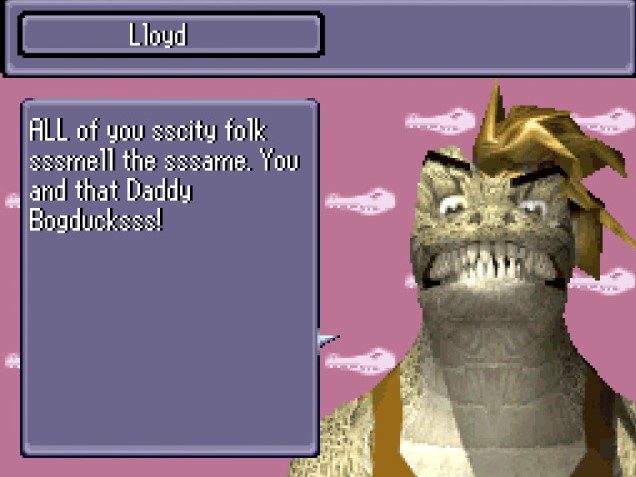
The typical formula of The Sims, a virtual dollhouse when boiled down, wasn’t going to work on a portable system like the Game Boy Advance. Not without a lot of concessions, anyway. The result was the Game Boy Advance (and N-Gage) version of The Sims Bustin’ Out.
It was more of an adventure game, tasking you with running around town and taking care of everyone’s problems. You still had needs you had to fulfill, lest you pee yourself in front of everyone. You could still decorate the various houses you moved into, but it focused less on being a life simulator. Even social interactions were different, requiring you to pick topics that characters might like rather than just, “joke, flirt, compliment.”
You progressed through five chapters that just got weirder with every turn. The Sims has always had a playful side, but The Sims: Bustin’ Out went its own way to create a strangely compelling experience separate from the mainline games.
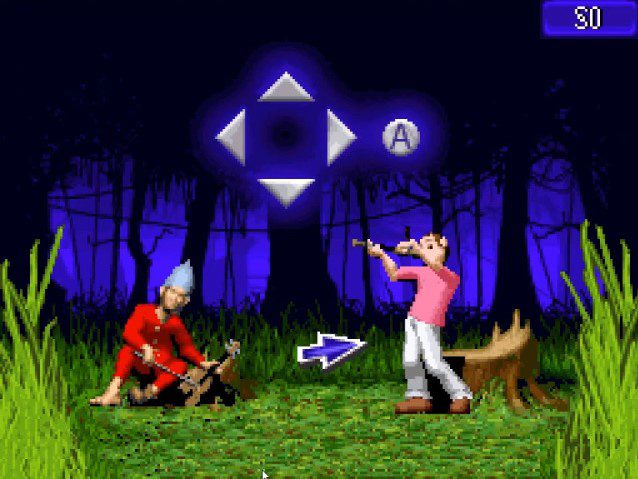
The Urbz was the follow-up, and like Bustin’ Out before it, it went off the rails. You’re in a city, there are a few social groups, thus ending the similarities it has to console The Urbz.
The setup here is technically a continuation of Bustin’ Out, but the narratives are separate and the connection only hinted at, so you don’t need to have played the previous game to understand what is going on. Here we have Daddy Bigbucks buying up the city to make an urban theme park. When this results in you getting booted out of your classy janitor job and onto the streets, it gets personal.
From there, you have to help people by solving their problems, make friends by navigating the social system, and thwart Daddy Bigbucks in his evil(?) plan. You also help cure vampirism and play the fiddle for your soul against the devil. You know. Life simulator.
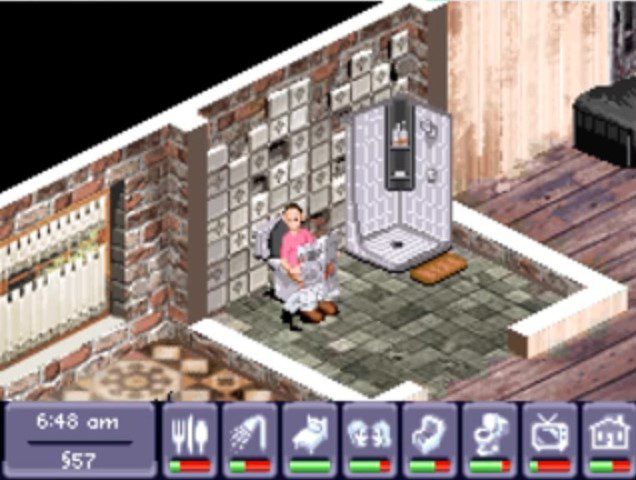
What gives The Urbz and Bustin’ Out their satisfying character is the gameplay loop. You set out in the morning, get as much questing done as possible, then return to your pad when you need to recharge. It gives a sense of groundedness that I honestly wish more games would incorporate. Yeah, you’re basically repeating the same steps with better and better toilets, but it’s a dash of flavor to what would otherwise just be a routine adventure game.
Once again, the narrative is separated into 5 chapters, but it makes better use of them than Bustin’ Out. Most chapters involve some sort of curveball thrown in, and the story as a whole is more coherent than Bustin’ Out’s “nothing happens, then something bizarre happens, the end.” The world is also rather diverse, completely straying from the urban setting and throwing you into quite a lot of bayou for some reason. To make a long story short, it refined the design of Bustin’ Out and is a much more rounded and enjoyable experience.
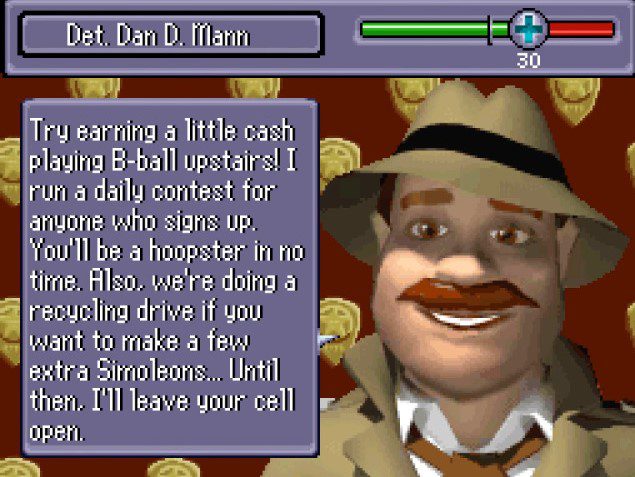
It’s not all lemon wedges and turpentine, however. It still has its rough spots. The skill system is pretty dumb on a handheld. If you’re unfamiliar, sims build their skills by way of progress bar. This is sometimes tolerable on the life simulator versions when you have a fast-forward button and the ability to multitask, but when all you can do is watch them on a tiny screen, it’s pretty irksome. They included the ability to tap the A button to build skills faster, but this is just adding a finger exercise to the routine. If you don’t like watching a bar fill while your thumb gets tired, you can also buy skill points outright at the university for exorbitant amounts of money.
You’re also a slave to the mini-games. Jobs are replaced with these little diversions. While a lot of them are tolerable, having to play them repeatedly can become tiresome.
The social groups are also sort of just tacked on to make the connection with the console formula. You do various rep missions for them, but it just gets you some overpowered gear, but by then, you’re already late game and it doesn’t make much of an impact.
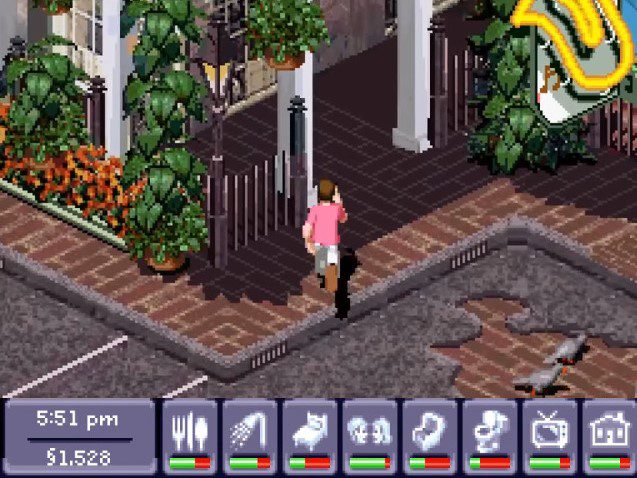
The Urbz’ greatest asset is that it’s constantly surprising. From the outset, I would never have expected to find a fun game here, but somehow the developers managed it. If you can forgive me for my uninformed theorizing here, I almost get the feeling that the developers, or at least the writers, approached the game with a certain derision. There’s an anarchic quality to the writing that definitely wasn’t lifted from the source material. A game packed with a cheeky personality is the result.
Don’t let me oversell it, but it’s an enjoyable and unique little title. Merging a life simulator with an adventure game is pretty close to the philosophy of games like Harvest Moon. This is just a little more narratively focused and breezy. The Urbz was released on DS and Game Boy Advance. Sorry, N-Gage. The differences between the versions are pretty minor, but you’ll still find things in one version that didn’t make it over to the other. One thing I need to warn you about: the bugs. Each version has its own exclusive glitches. I hit one while playing through the DS version that put a stop to my quest for rep. Maybe look into those before you set out on your urban adventure.








